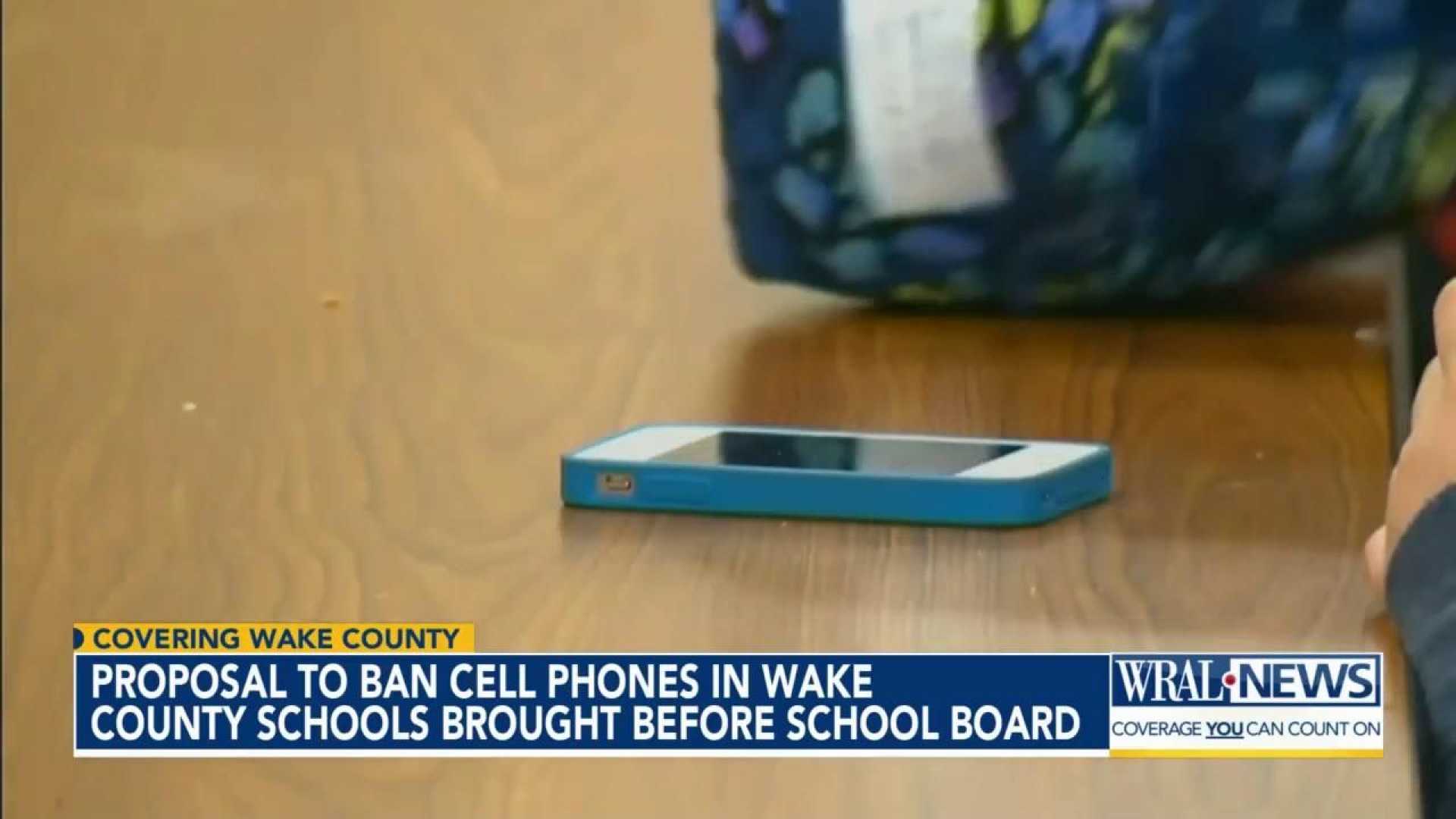Education
Wake County Schools Consider Banning Phones to Boost Student Focus

The Wake County School Board is exploring updates to its technology policies, including potential restrictions on mobile phone use in classrooms, as part of a broader effort to enhance student well-being and academic performance. The board, which has not revised its policies in two decades, is working with RTI Consulting to analyze best practices from across the country.
“This is, admittedly, a challenging topic,” said Mike Martin, an educational consultant with RTI Consulting. “The core thing we’re driving at is student well-being and learning, and those things are tied together.” The board aims to finalize the updated policy by the next academic year, with implementation set for the 2026-2027 school year.
Currently, each school in Wake County sets its own rules regarding phone use. For example, Enloe High School in Raleigh uses a pie chart system to indicate when devices must be silenced and stored, while Garner Magnet High School prohibits personal technology use during the instructional day unless authorized by a teacher for educational purposes.
Parents in the community have expressed mixed views on the issue. Dottie Skinner, a Cary parent, noted, “Cell phones in general are an issue for kids. I think they’re an issue for adults.” Lea Ann Troiano, another Cary parent, initially supported her children having phones in school for communication but has since changed her stance. “Parents have become very used to texting their kids all day long, and I think it’s a huge distraction,” she said.
The board held a work session on Tuesday to brainstorm ideas, but no decisions were made. “The core thing we’re driving at is student well-being and learning — and those things are tied together,” Martin reiterated. The session began at 3:30 p.m., followed by a formal board of education meeting at 5:30 p.m.
As other states have implemented phone bans in schools, Wake County’s decision will depend on further analysis and community input. The board’s goal is to create a policy that balances technological benefits with minimizing distractions to foster a better learning environment.












